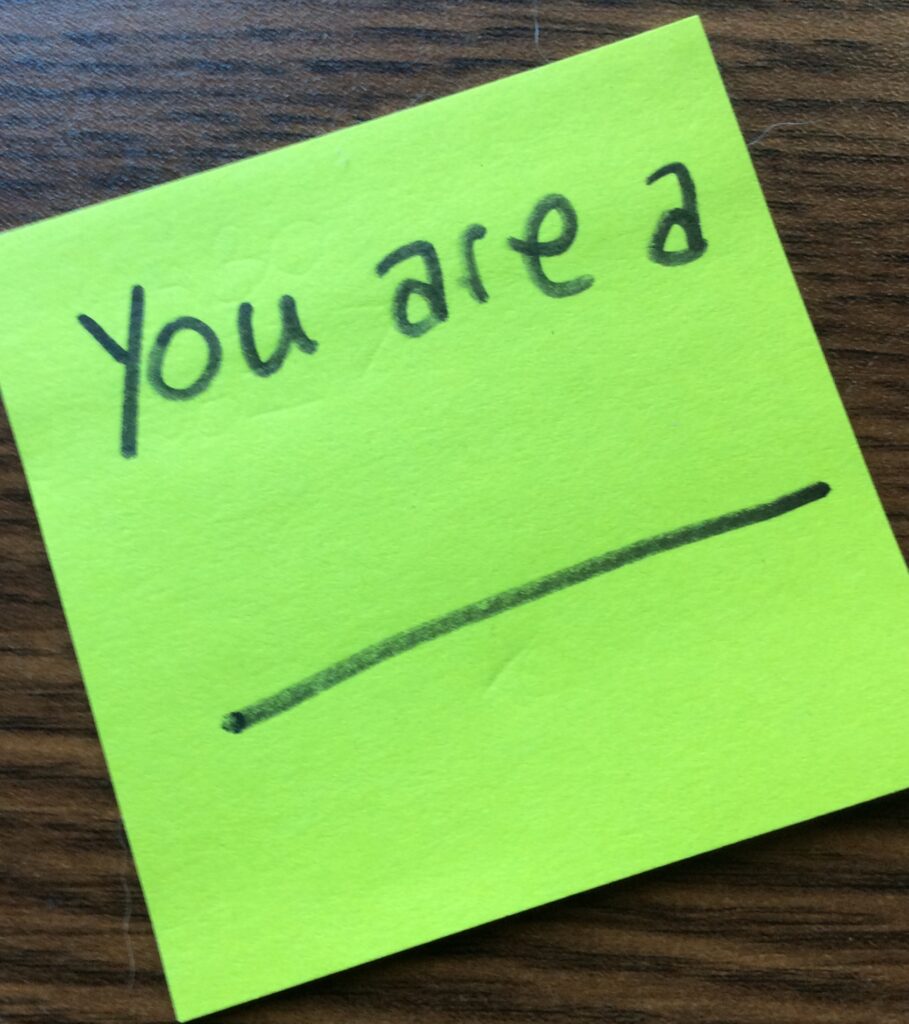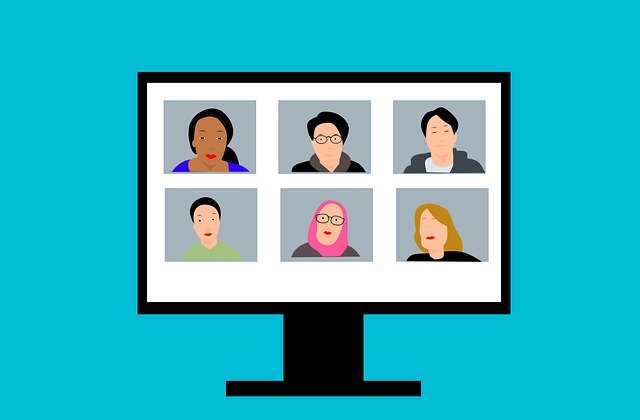How many times have you tried to offer helpful advice by saying, “If I were you…”? We think our amazing empathetic powers allow us to have clarity of insight and understanding of others’ complex and complicated lives. We can obviously see what someone else should do in a situation or solve someone’s problem.
If you were in their shoes, your feet would probably be uncomfortable.
The Science of Motivation® and extensive psychological research of Professor Steven Reiss, Ph.D., found that we each have a unique values-system created by our genetics and cultural upbringing that we use to interpret our experiences and worldview. Professor Reiss discovered that we each believe our values-system is the best one for every human, a term he called “self-hugging.” Reiss also found that humans tend to advocate and defend their strongest values by influencing and sometimes forcing others to change and adopt their values systems. Reiss called this well-meaning coercive tactic everyday tyranny.
When we give feedback or advice, we are always providing our subjective opinion based on our biases and individual values-system. Basically, we imagine ourselves in the situation and share what we would likely do to create an outcome that we would find most satisfying and least objectionable. We believe we are recommendations that are objective and rational, but they are actually personal. We make the mistake of believing we are each “normal” when we are each very different.
Our everyday tyranny is amplified when we have organizational power or authority to mandate our values-system to others. We naturally encourage or influence others to do things “my way or the highway.” Even when we do not overtly do so, people are attuned to imitate what their boss does, how the boss reacts, and what the boss rewards as normal, acceptable behaviors.
Executives risk creating a group-thinking culture of “yes” people who are actually using tremendous quantities of willpower and self-control to acquiesce to the tyrannical boss’ demands inauthentically. We lose the inclusion of different worldviews and miss out on invisible possibilities in our values-blind spots.
Whenever you say, “If I were you…” you are actually meaning “If you were me…”
Rather than offer advice or recommendations that would yield consequences you could live with, it is more helpful to ask the person seeking your opinion open-ended questions that you do not already believe you know the answers to. Here are some of my favorite self-hugging prevention questions:
- What do you think is the wise thing for you to do?
- What are the best and worst likely outcomes from your decision?
- What advice are you secretly hoping I would give you?
- What recommendation could I make that would make you most confident and/or most afraid?
- What is in the way of you making a decision?
- If you were going to advise a friend, what would you do if you were them?
We often falsely believe we are looking out a window when mentally, we see our reflection in a mirror. I use the Science of Motivation® with all of my executive coaching clients to clearly understand their unique values-system and worldview. Executives are responsible for sustaining a culture of inclusivity of everyone’s unique values-system. Inclusive collaboration depends on a high level of motivational intelligence. I work with my executive coaching clients to help them use the Science of Motivation® to their competitive advantage. If I were you, I would highly recommend you find out more about a scientific approach to inspiring the best in your people and you.
Let’s talk about being your best at doing your good!
Views: 42



 It’s not easy staying an idealist in business. Whether you call yourself a social entrepreneur, conscious capitalist, b-corper, or a sustainability warrior, you are trying to build and sustain an organization that does good profitably. Doing good is good for business, but it can take a severe toll on leaders who believe they must do it all on their own. The price of failure is the loss of money and the lost benefits to society. This dual burden can easily weigh on leaders like you. Fortunately, I help idealists be their best at doing their good every day!
It’s not easy staying an idealist in business. Whether you call yourself a social entrepreneur, conscious capitalist, b-corper, or a sustainability warrior, you are trying to build and sustain an organization that does good profitably. Doing good is good for business, but it can take a severe toll on leaders who believe they must do it all on their own. The price of failure is the loss of money and the lost benefits to society. This dual burden can easily weigh on leaders like you. Fortunately, I help idealists be their best at doing their good every day!
